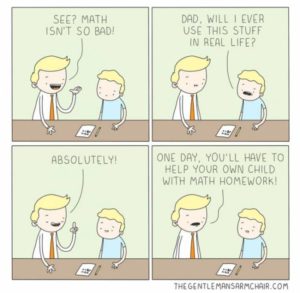I saw an article today in passing that reminded me once again how the Internet has helped spread faux-literacy. Its title contained, “all the cool offices aren’t in San Francisco” even though the content of first paragraph of the article indicated that the writer’s view was something very different, that NOT ALL of the cool offices are in SF.
For anyone who’s confused as to the difference, thank the Internet, the Mass MEdia Podpeople Hivemind and your incompetent English teachers for the spread of faux-literacy. (A couple of Venn diagrams would clarify the differences, but there one would have to fall back on skills math teachers may or may not have imparted. *sigh*)
Oh, well, here’s one set of diagrams that can illustrate the difference, although there are other ways to do it. This is just the simplest, perhaps (Click on graphics for optimal size):


Of course, the gripe I give a bare outline of above is just the tip of the faux-literate iceberg. I had live almost six decades before I began hearing/reading subliterate morons saying/writing, “I wish I would have” instead of “I wish I had.” Did this sort of misuse of the conditional perfect just start being widely used as illiteracy (even among college graduates) has grown over the last few decades until it reached some sort of critical mass and spill over into public fora, or has it been there all along and just hidden from me because I had an exposure to people who were primarily a more literate bunch of folks?
*shrugs* Who knows. I certainly see much, much more of these things since the Internet has democratized publishing of all sorts of writing.
faux-literacy Well, what do you think it means, anyway? Lots of folks think they’re literate because other people have told them they are, accept them as literate and even pay them to write their subliterate crap. They think they are literate and others around them do, but what they write (or say) proves that they are not. The more they fake literacy and spread their subliterate, moronic screeds, the dumber public discourse becomes.
And they’re everywhere. Most prominent Mass MEdia Podpeople: condemned as faux-literates by the words they utter. Politicians, Academia Nut Fruitcakes, “Edumacators” and more: all spreading subliteracy via their public pretense of literacy.
The lowest common denominator is the measure of the best in our society.



